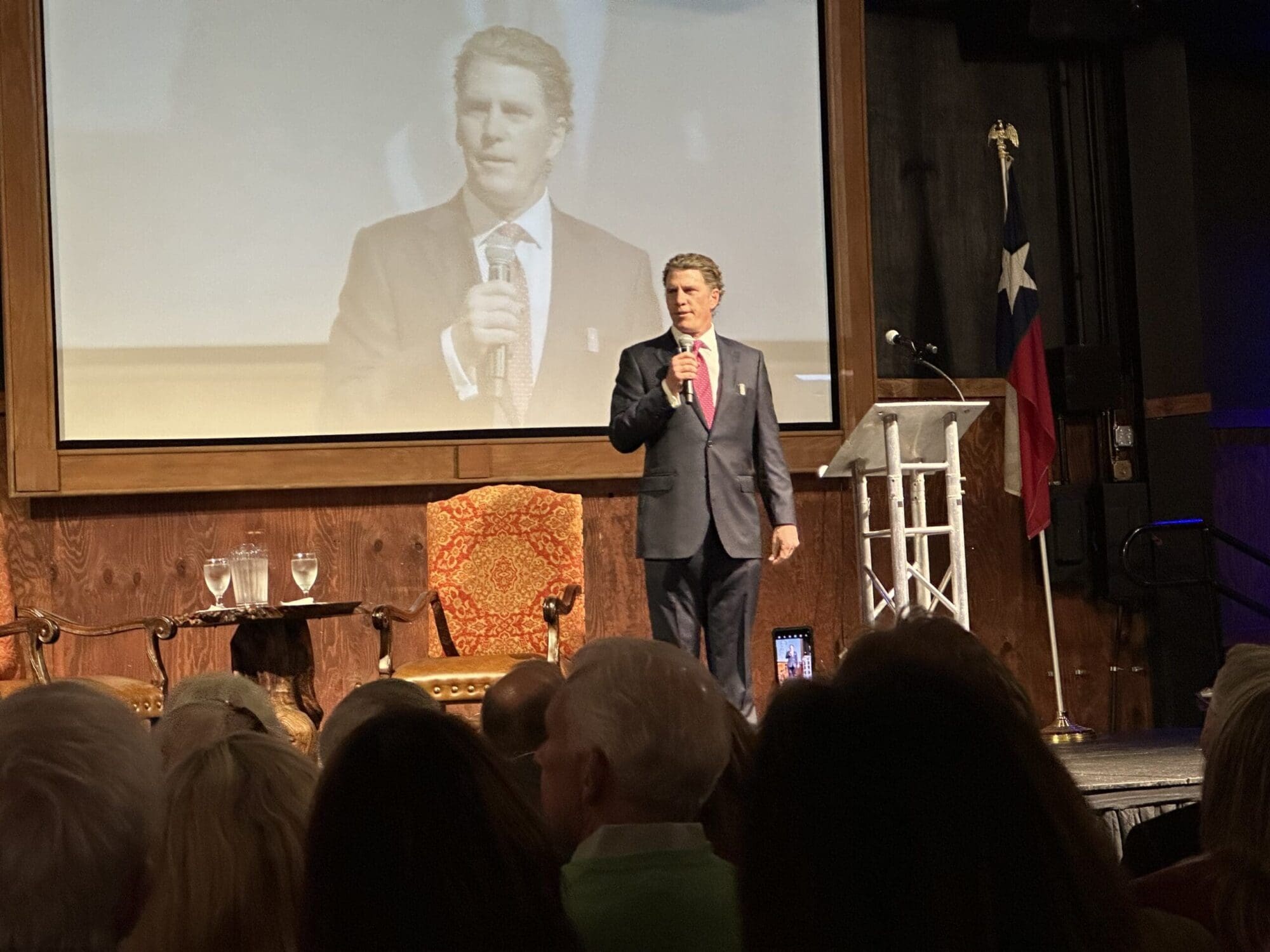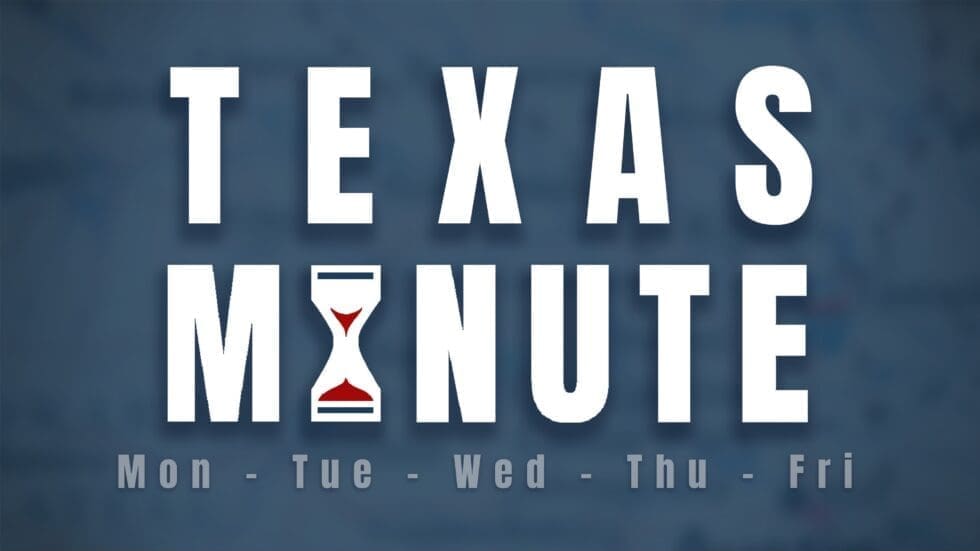With his party poised to make big gains in November, House Speaker Joe Straus has spent nearly $1 million helping vulnerable incumbent conservatives. Even though he still isn’t helping challenges to liberal incumbents, this infusion of cash could signal a different kind of Straus speakership.
Mr. Straus became speaker when 11 Republicans (including Straus) sided with 65 Democrats in kicking out the first Republican House Speaker since the 19th Century. (A Rice study has found that group of 11 to be heavily held by ideological “liberals” in the Legislature.)
In taking on the speakership of an evenly divided legislative body, Mr. Straus promised to split power along the party divide then stay out of the committee chairs’ business.
But in doing so, he appointed a slew of bad committee chairs –- such as putting liberal tax-and-spend Democrat Rene Oliveira as chairman of the tax-writing Ways and Means Committee. The committee itself had a strong majority of conservative lawmakers, but the Rules of the House don’t give committee members any power over the chair. (The chairman alone decides what bills do and don’t receive a hearing.)
In too many cases, the Republicans he appointed weren’t much better. But then he was drawing from that overwhelmingly moderate-to-liberal 11.
Politically, to stay friendly with the Democrats Mr. Straus made a Faustian bargain. He pledged not to support any challengers to Democratic incumbents. Given the influence of the speakership over the lobby’s political dollars, it was a very expensive bargain; a steep price for his party.
For that, Mr. Straus has been pilloried by his party’s base. After all, this is clearly not the year to have disarmed – given the national and state mood of voters. He made matters worse by headlining a fundraiser for a liberal Democrat incumbent… who has a conservative Republican challenger.
It didn’t help Mr. Straus’ cause that many of his lieutenants and political advisers were on the wrong side of a lot of losing races in GOP primaries.
Speaker Straus’ live-and-let-live philosophy apparently didn’t earn much respect from the Democrats. Their leadership killed hundreds of bills during what became known as the end-of-session “chub,” using procedural moves to run down the legislative calendar.
Mr. Straus’ team has seen first-hand the political problem of unilateral disarmament. While he was staying quiet on the challenge races, even helping a Dem incumbent or two, the trial-lawyer-funded resources of the Democratic Party were being brought to bear against stalwart conservatives like Linda Harper-Brown of Irving and others.
By now at least assisting besieged conservatives, Mr. Straus has taken an important political step in reconnecting with his party’s base. But it’s not enough.
With conservative challengers within striking distance in numerous races, Mr. Straus could improve his standing further by taking another step: moving away from his ill-considered, Chamberlain-like appeasement promise.
In politics, peace comes through strength, and strength is achieved by building a governing majority. By publicly endorsing and actively working for the election of conservative challengers in key races, Mr. Straus could demonstrate he is a leader unconcerned by the opinions of those on the left working so hard to unseat him by eliminating his Republican majority. As the third-highest-ranking constitutional officer, and unopposed in his own November election, Straus could be actively working personally to build the number of conservatives in the House.
Finally, for most conservatives it’s the policies that matter not the party labels of committee chairs. If Mr. Straus were to jettison the most objectionable committee chairs (Republicans and Democrats), and replace them with lawmakers more aligned with the state’s conservative voters, he would secure a great deal of respect.
The next several weeks will tell us a lot about Mr. Straus, and the shape of his 2011 speakership.




